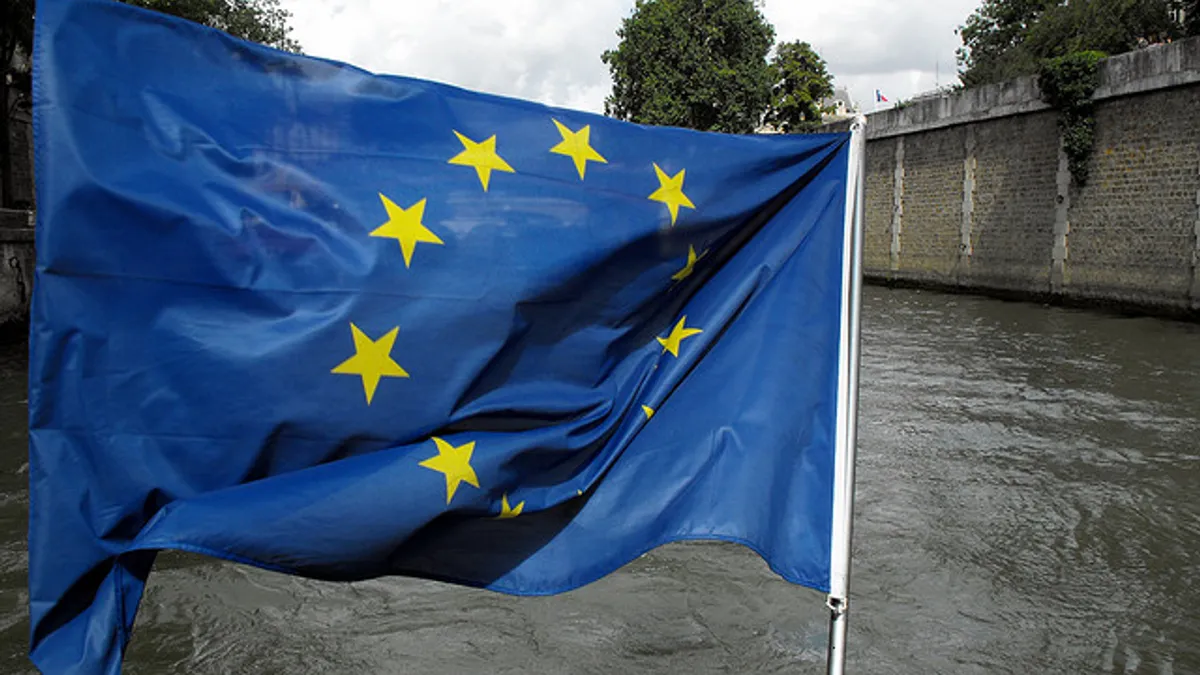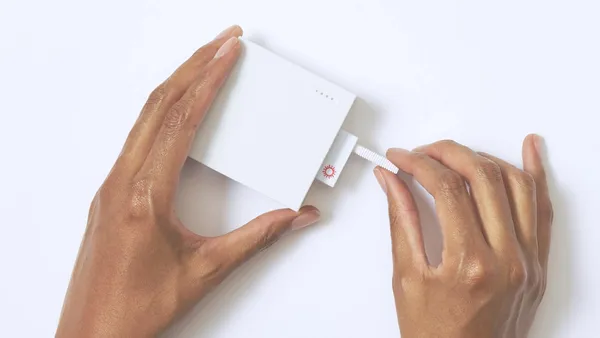Dive Brief:
- The European Commission has cleared notified bodies to perform remote audits of quality management systems under the incoming medical device and in vitro diagnostic regulations.
- Officials granted notified bodies the option in light of restrictions imposed in response to the pandemic, growing evidence that remote audits work and escalating concerns that reliance on on-site audits for MDR and IVDR will disrupt supply.
- The flexibility provided by the Commission has limitations, though. Notified bodies need to justify the use of remote QMS audits on a case-by-case basis and conduct an on-site visit as soon as possible.
Dive Insight:
Trade group MedTech Europe published a report on the need for remote audits under MDR and IVDR in June, arguing notified bodies need ways to assess manufacturers during the pandemic to avoid a buildup of work. Notified body representative Team-NB put forward a similar argument late last year, when it warned the industry faces a growing mountain of work as earlier certifications expire.
The Commission initially resisted the push for remote MDR and IVDR audits, limiting use of virtual assessments to the directives and certain products essential to the response to COVID-19. News of a change in position arrived on Monday in a Commission notice about the use of on-site assessments.
In the notice, the Commission sets out the exceptional circumstances created by COVID-19 and their effect on the ability of notified bodies to perform on-site audits. The situation has reached the point that the Commission will permit notified bodies to deviate from the on-site audit requirement.
Merlin Rietschel, senior manager for regulations and industrial policy at MedTech Europe, welcomed the change in a post on LinkedIn: "This is a significant and positive development. The need for virtual QMS audits under the IVDR/MDR is 'supported by the vast majority of the Member States.' It is now of crucial importance that we avoid fragmented approaches amongst EU Member States."
The Commission said "the vast majority" of Member States support the use of remote audits in its notice. Member States monitor and ensure the compliance notified bodies established within their borders, making individual European Union countries a key stakeholder in the allowance of remote audits. Still, as Rietschel notes, there is potential for country-to-country variation in acceptance of remote QMS audits.
Notified bodies secured the support of the Commission after using its allowance of remote audits under the outgoing directives to show the effectiveness of off-site assessments. The Commission said the available evidence "appears to demonstrate an adequate level of safety and not to compromise the overall reliability of such assessments."
Even so, the Commission is putting constraints on the use of remote audits. Notified bodies will need to show there are "concrete obstacles" that prevent a safe on-site audit that is needed to ensure the continued supply of devices. The Commission has asked Member States to let it know about notified bodies that perform remote audits and the information they use to justify their actions.
The MDR is not slated to go into effect in May, after the EU delayed the rule by a year citing the pandemic. The IVDR is slated to go into effect in May 2022.










